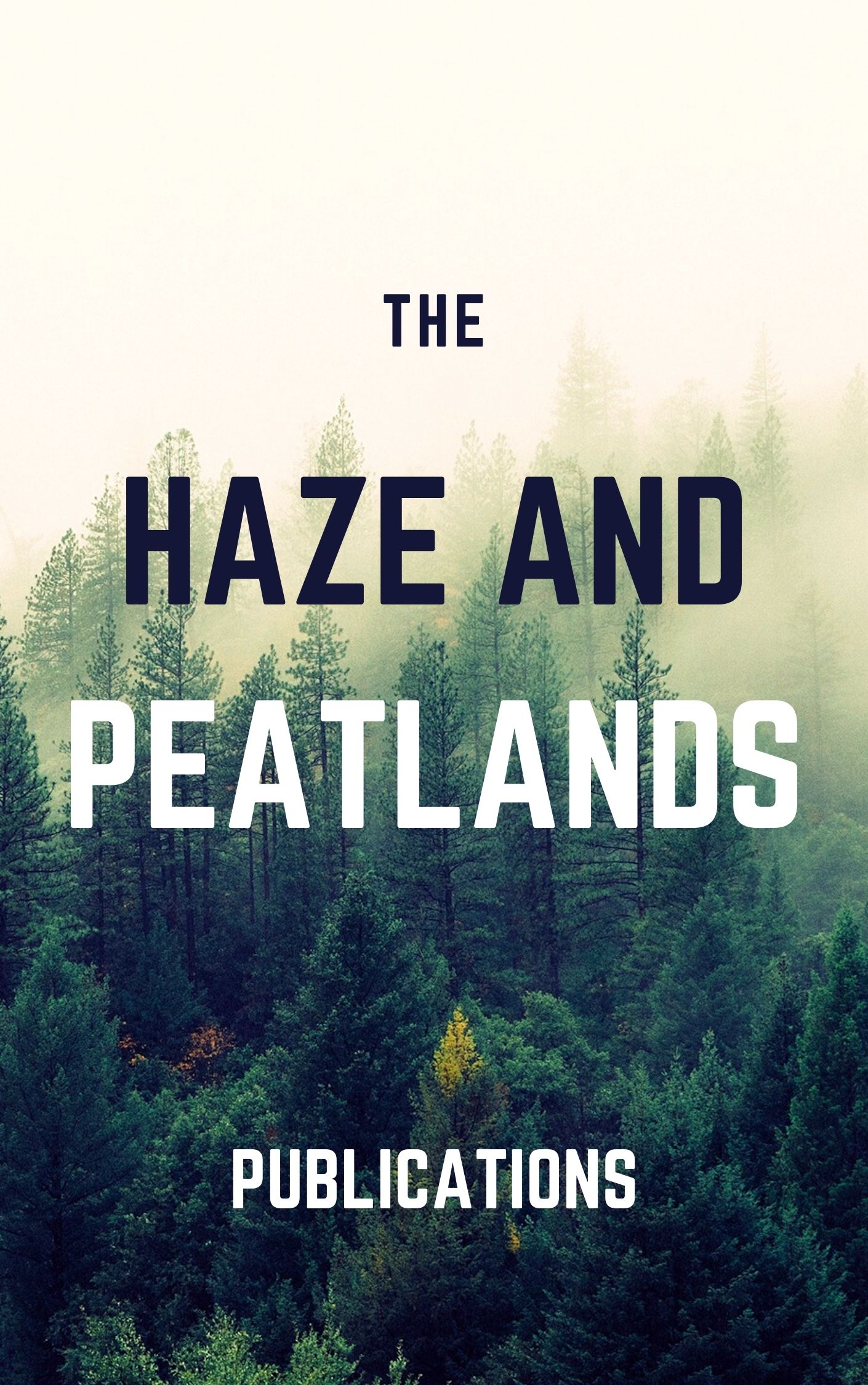The value of community-based research as a useful mechanism for social change is gaining recognition in the psychological literature. While this kind of work has the potential to impact upon the lives of individuals and communities we engage with, it can also leave researchers facilitating the process with a lasting impression on both their academic and personal lives. This article is a case-based reflection on the dilemmas surrounding community-based research and how it can impact upon the experiences of both the community and the researchers facilitating the project. This case study is based upon the author's experiences of facilitating a participatory action research (PAR) project with a small indigenous community in the Philippines. Written more than five years since the project commenced, some of the challenges encountered are presented and reflected upon. This includes the dynamic nature of PAR, inter-organisational conflicts, and lack of personal distance in action research. Sensitive issues specific to this case study are also discussed, i.e. land grabbing and violence against indigenous communities. Reflections are contextualized within discussions from various academic orientations within the psychological and social science literature, including community and critical psychology, Sikolohiyang Pilipino, and human rights. Copyright (c) 2012 John Wiley & Sons, Ltd.
View source

